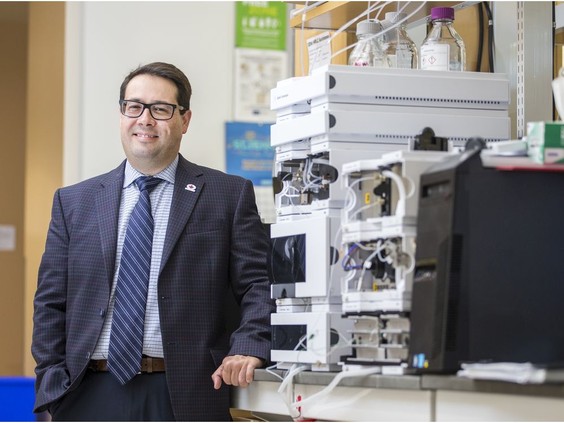
Bryn Levy, Saskatoon StarPhoenix
The dean of the University of Saskatchewan’s dental college is calling for further engagement from the federal government after the announcement of a new national dental care program.
“Despite all the excitement from all the dental schools, including the dental school here in Saskatchewan, we would like to receive a little more information,” dental college dean Dr. Walter Siqueira said of federal Health Minister Mark Holland’s announcement this week launching the application process for the new program.
While getting basic dental care to millions of uninsured Canadians is welcome news, Siqueira said questions remain about the services the program will cover and how fees will be set in each province.
The program is to begin with children under 18 and some seniors; it will expand to all eligible low- and middle-income Canadians by 2025, Holland announced Monday.
Siqueira said he expects the program to increase demand for dentists as more people get coverage. He said this will mean more training spaces will be needed at dental colleges across the country.
“Dental students need a dental chair,” he said, while noting the U of S dental school will soon have several more of those, as it continues a $21.7 million expansion supported by the provincial government.
Siqueira said he’d now like to talk with the feds about ensuring there remain patients to fill those incoming new chairs.
He noted the clinic operated at the U of S’s Saskatoon campus sees more than 16,000 patients each year, most of whom cannot afford private dental care.
The U of S clinic gives them access to some of the best care available at a reduced cost, Siqueira said. Patients are treated by dental students working under supervision of their instructors; the quality of the work is high, but it can take twice as long, or longer, to complete procedures than it would at a private clinic, he said.
Siqueira said he’s concerned federal dental coverage could divert patients who used to come to clinics run by dental schools, leaving a gap in the training of the next generation of dentists, hygienists and other oral health care professionals.
He suggested ideas for ways the feds could support the country’s dental schools in maintaining patient numbers.
For example, the U of S college’s instructors and students could be more involved in delivering dental care in Saskatchewan’s rural and remote areas. He suggested the dental college’s cutting-edge facilities and highly specialized staff could also be better leveraged to perform rare or difficult procedures.
Beyond these proposals, Siqueira said more support could allow the dental college to do things like expand its clinic operating hours to provide service in the evenings, potentially helping people whose work schedules are a barrier to accessing care.
For now, Siqueira acknowledged it’s early days for the new federal program, with many details still to come. He said his biggest request is simply for the government to open a dialogue on how dental schools can help support better care for Canadians, while ensuring an adequate supply of patients for their training programs.

